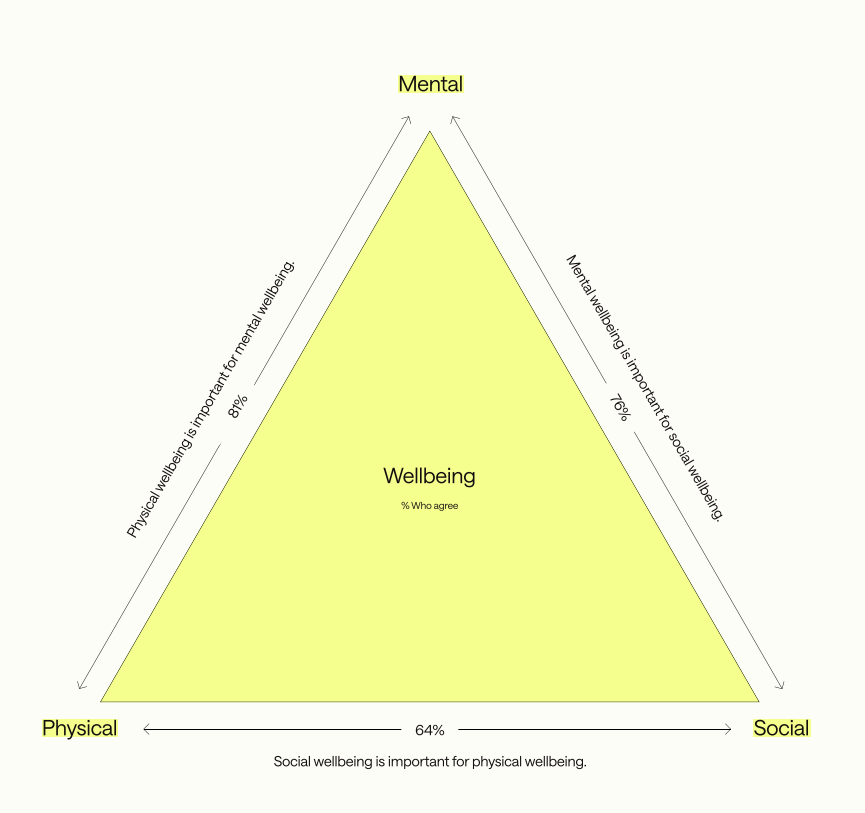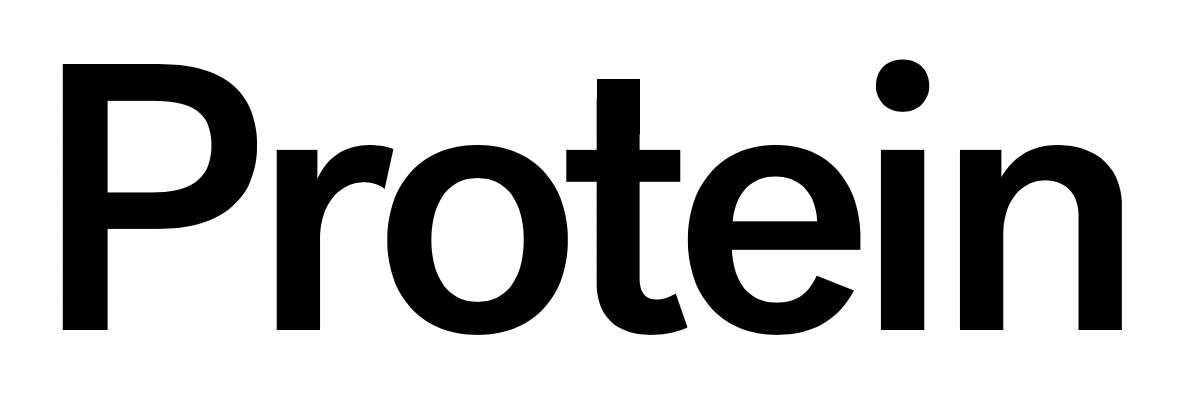Competitive Wellness
If you’re not biohacking your way to peak performance, are you even trying?

Arc Community in Canary Wharf, London, is what happens when wellness gets a corporate makeover. It’s a space where relaxation is marketed like a luxury handbag, and where recovery feels less like a break and more like an achievement unlocked.
According to their Instagram: "Arc is Designed for high performers, this space isn’t just about recovery. It’s about resilience. A moment to reset, refocus and stay at the top of your game. Wellness isn’t an extra. It’s the edge." In other words, if you’re not biohacking your way to peak performance, are you even trying?
Arc provides contrast therapy with ice baths that look like props from a dystopian sci-fi film. There’s a sauna big enough for 65 people. There are guided classes called “Morning Warrior”, while evening “Arc After Dark” social events incorporate DJs into the experience. Combined with breathwork classes, sound healing sessions and amphitheater-style lounges, Arc offers the ultimate wellness buffet for £35 per session.
When Arc opened in February, plenty of media coverage followed. One article described it as “a party with pounding house music, where everyone is nearly naked, ridiculously toned and glinting with sweat.” Arc in one of a number of operators around the world that symbolise the latest evolution of wellness, shifting from a personal pursuit to a widespread cultural phenomenon.
The concept of “wellness” has evolved into a massive industry worth billions, and yet beneath the glossy veneer lies an ironic reality: the pursuit of wellness is making people unwell.
Wellness burnout and the pressures of competitive wellness culture are on the rise – two modern maladies that expose the darker side of our collective obsession with self-optimisation. In SEED CLUB, Hannah Marcus referenced lululemon’s Global Wellness Report 2024, titled “The Pressure To Be Well”, which surveyed 16,000 people around the world. Among the findings: 63% of people globally feel that the pressure to be well is impacting their wellbeing; only 23% feel that they are currently meeting society’s expectations of what it means to be well.

Also in SEED CLUB, Gertruda Gilyte cited Jia Tolentino’s 2019 essay in The Guardian, “Athleisure, Barre and Kale: the Tyranny of the Ideal Woman”, which resonates even more today: “Most pleasures end up being traps, and every public-facing demand escalates in perpetuity.”
Gertruda commented, “This endless loop of optimisation has now found its way into wholesomeness, possibly turning (even private) simplicity into yet another flex. Maybe the answer lies in not taking ourselves so seriously. Instead of striving for perfection, why not lean into campiness? The more playful and imperfect, the better.”
She added, “The antidote to the alienating spiral of self-optimisation is collective joy, like dancing badly in the dance class,” and later, “I guess, in the end, it all circles back to the same thing as always – commodification. Is there any way to escape this loop?”
Wellness burnout manifests when the relentless pursuit of health, fitness and mental well-being becomes an exhausting and all-consuming endeavour. It is characterised by emotional fatigue, feelings of inadequacy and a sense of failure when you fall short of often unattainable wellness ideals.
Mirroring traditional occupational burnout, it is rooted in personal lifestyle choices rather than professional obligations. The irony is stark: practices meant to alleviate stress – like meditation, clean eating or fitness challenges – can become stressful when pursued too hard, too often. For many, wellness has shifted from being a source of joy to an obligation.
This burnout is further fuelled by the rise of competitive wellness culture, where health and self-care are treated as status symbols. Success in this culture is measured not just by professional or personal achievements but by how well you adhere to an ever-expanding list of wellness trends. It always seems like there’s another benchmark to hit. Social media significantly amplifies this competition – curated snapshots create unrealistic expectations and foster comparison, leaving followers feeling like they’re always falling short.
This competitive mindset extends beyond individuals to workplaces as well. Many companies now tout wellness programmes as part of their corporate culture, offering standing desks, mindfulness workshops and so on. While well-intentioned, these initiatives can inadvertently add pressure to employees who feel like they have to to participate or outperform their colleagues in yet another domain.
When efforts don’t yield immediate results or align perfectly with these prescribed paths, feelings of failure can set in. Studies show that chronic stress from striving for unattainable goals can lead to anxiety, depression and even physical symptoms like insomnia. Moreover, the constant comparison inherent in competitive wellness culture exacerbates feelings of inadequacy and low self-worth.
Several cultural shifts help explain what’s going on here, including the commercialisation of wellness, the rise of individualism and social media amplification. The wellness industry markets products and services as essential for achieving health and happiness. In an era where personal responsibility is emphasised over systemic change, individuals are often made to feel solely accountable for their health – a mindset that ignores broader factors like socioeconomic status or access to resources. Meanwhile, platforms designed for connection have morphed into arenas for performance.
Escaping the cycle of wellness burnout requires a shift in perspective – from treating wellness as a competition or obligation to embracing it as a deeply personal journey. Even the Financial Times is cautioning against it – advising in an article titled “Wellness is the new status symbol” that “If navigating all these fads has become too stressful, it’s worth focusing on the tried and tested basics: eating less processed food, getting outdoors, exercising consistently and maintaining strong friendships.”
True wellness extends beyond individual actions and requires societal support like accessible healthcare and equitable work policies. Recognising this broader context can help shift focus away from hyper-individualised self-care toward collective solutions that benefit everyone.
Ultimately, wellness should enhance life – not drain it.
If you enjoyed this, check out The Big Tired observation which is a reflection on work hibernation, why are we so tired and how the hell do we wake up.
| SEED | #8308 |
|---|---|
| DATE | 08.04.25 |
| PLANTED BY | PROTEIN |
| CONTRIBUTORS | HANNAH MARCUS, GERTRUDA GILYTE |



Discussion